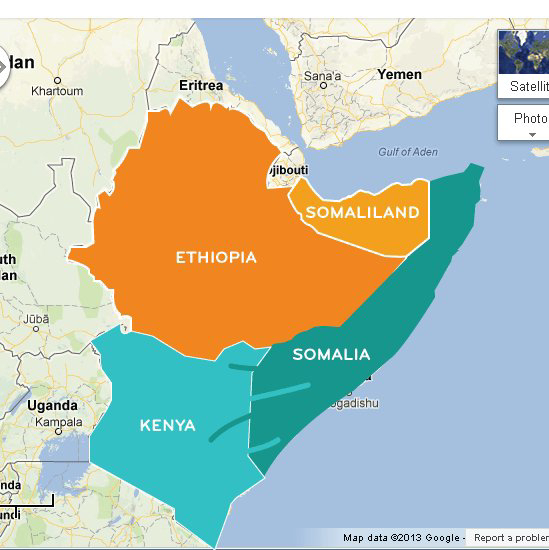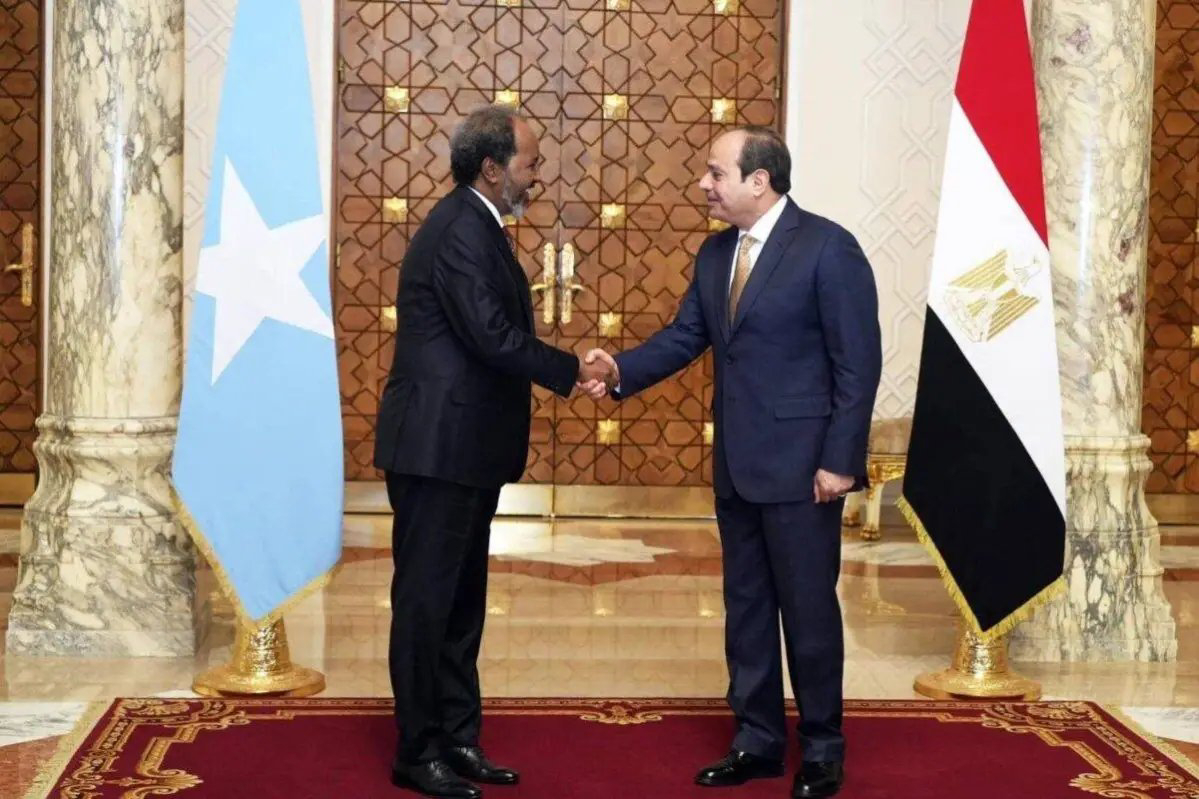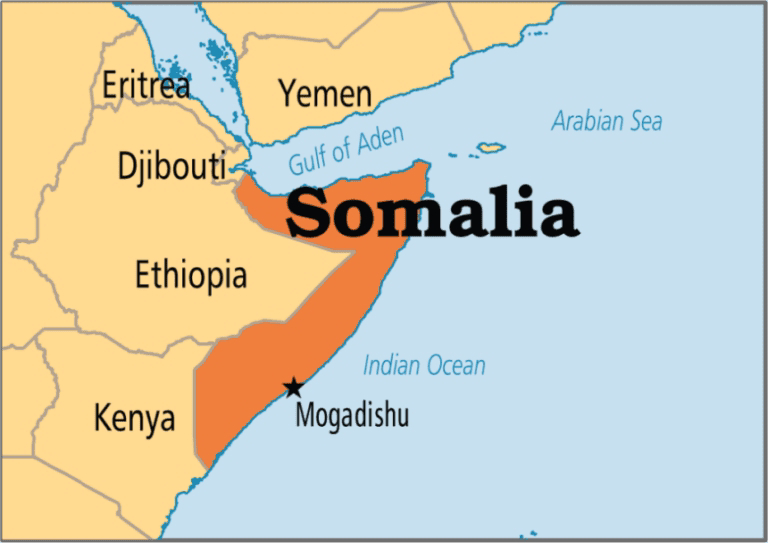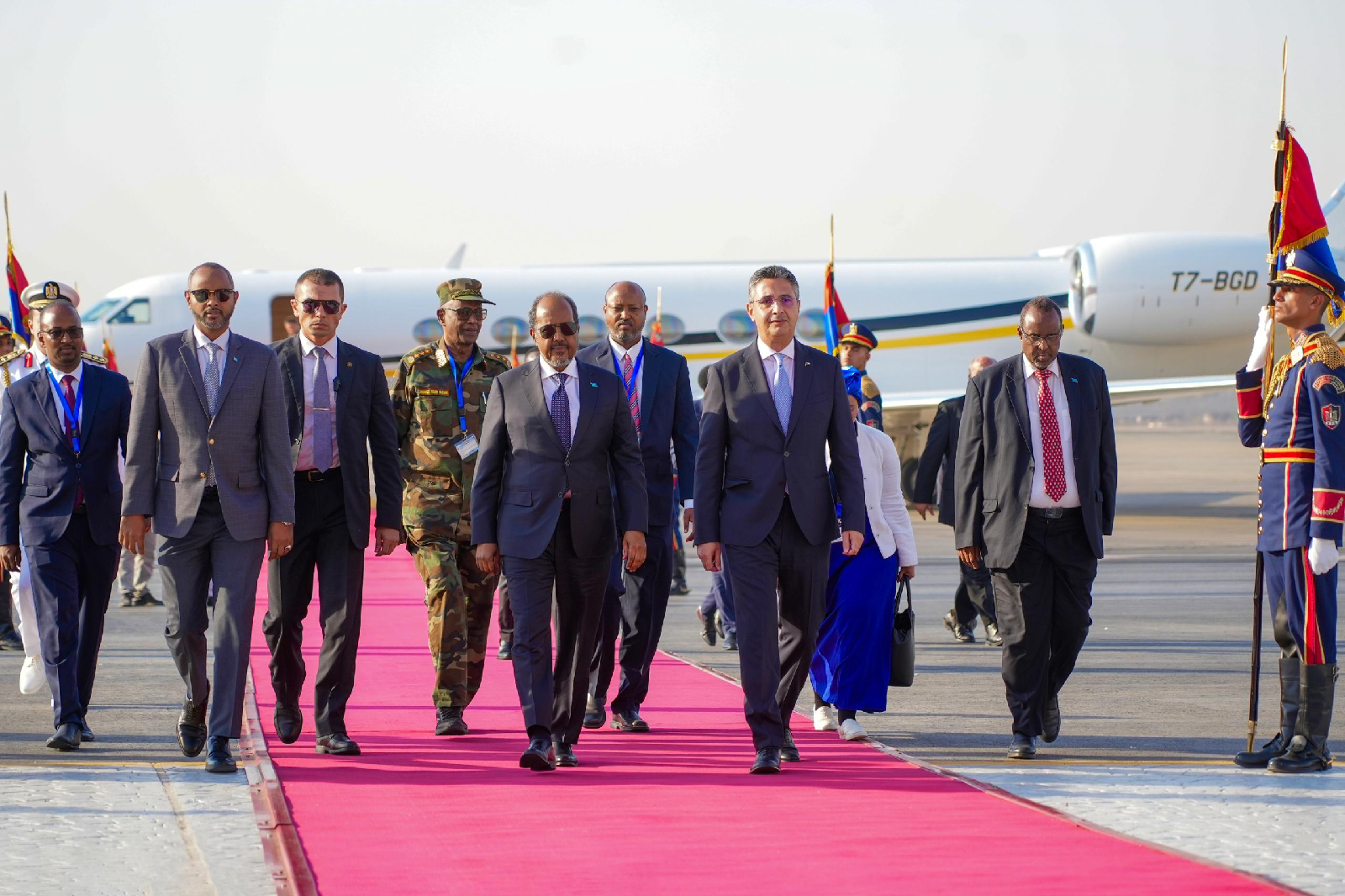KTN News, a Kenyan-based news channel on YouTube, has provided an in-depth analysis of the geopolitical landscape of the Horn of Africa. This analysis particularly emphasizes the Memorandum of Understanding between Ethiopia and Somaliland, the diplomatic tensions between Somalia and Ethiopia, and Egypt's role in the peacekeeping mission in Somalia. Furthermore, it addresses Abiy Ahmed's aspirations to establish an empire resembling that of the ancient Kingdom of Kush within the Horn of Africa and East Africa. The following text is a transcription of a discussion among experts on the subject, as featured on MTN.
https://youtu.be/1rbNO6FsTGY?si=UTD-yoIoep94GLkb
The Memorandum of Understanding between Somaliland and Ethiopia has significantly altered the geopolitical dynamics in the Horn of Africa. This shift has prompted increased involvement from multiple nations, notably leading to Egypt deploying its military forces in Somalia and Turkey positioning its naval presence in Somalia's territorial waters.
Abiy Ahmed harbors ambitions akin to those of Menelik II and Haile Selassie to secure access to the sea, efforts previously thwarted by French and British colonial powers. He is determined to achieve this goal either through negotiation or force. Additionally, Ahmed envisions establishing an expansive empire reminiscent of ancient Kush, stretching as far as Lamu and Tana River County in Kenya. Despite three wars in the past five years, his pursuit remains undeterred. These ambitions underscore his broader strategy to revive a historic empire, an endeavor that merits close observation as it unfolds.
Professor Macharia Munene contends that Prime Minister Abiy is fundamentally misguided in his approach, wrongly perceiving himself as a modern-day Menelik II. According to Professor Munene, Abiy's problem lies in his lack of support domestically and internationally. The European entities that awarded him the Nobel Peace Prize likely regret their decision, as Abiy appears to use this accolade to justify indiscriminate actions. Consequently, Ethiopia is increasingly isolated, steering in an adverse direction and encountering conflicts with multiple entities. The professor suggests that Abiy's credibility is significantly diminished, and he is, in fact, a central issue. A prudent reminder for Abiy might be warranted to recognize his solitary position.
As observed, the groundwork began with the signing of a MOU agreement with the breakaway region of Somalia, known for its diplomatic significance. Ethiopia, which serves as the headquarters of the African Union, is also a foundational member of IGAD and has consistently prioritized a rules-based system, with material integrity and sovereignty as its core principles. This focus has been beneficial for Ethiopia, especially as it has contended with secessionist movements in the Somali region, an area long plagued by conflict. However, the dynamics have shifted, with Ethiopia now being accused of encroaching on another nation's territory, putting it on the diplomatic defensive.
Historically, in the 1970s, Somalia was isolated internationally for its attempts to infringe on Ethiopian sovereignty in the Ogaden War. Today, the roles have reversed, with Ethiopia facing similar accusations and experiencing diplomatic isolation. Notably, this stance is shared by multiple international and regional entities, including the United States, China, the European Union, the African Union, and the Arab League, all advising Ethiopia against such actions. Russia remains the sole significant power that has yet to publicly comment on the dispute.
In light of current developments, it appears that Ethiopia may need to reconsider its decision regarding access to the sea and the establishment of a naval base. While it is acceptable for a landlocked country like Ethiopia to seek maritime access through bilateral agreements with neighboring states such as Somalia, ambitions to claim territory and impose a naval base raise significant concerns. These actions have met with widespread opposition from countries with special ties to Ethiopia, including Saudi Arabia, the United Arab Emirates, and many other African nations. Consequently, Somalia seems to be gaining the upper hand diplomatically, leaving Ethiopia increasingly isolated, a rare occurrence in its history.
Given this scenario, Ethiopia should reevaluate its strategic direction towards securing maritime access. Additionally, Ethiopia's bid to join the East African community and develop stronger intercontinental relationships might face challenges due to the current diplomatic climate. This situation could potentially influence Ethiopia to lean more towards the BRICS countries, of which South Africa and Egypt are already members. Meanwhile, Djibouti continues to provide crucial access to the sea, underscoring the importance of maintaining stable and cooperative regional partnerships.
Ethiopia holds 19% of the shares in Barbara Port in Somaliland, granting significant access to this strategic port. With these shares, Ethiopia now has access not only to Puntland 's port but also to vital areas in port Sudan and Kenya as part of a completed investment agreement. Consequently, Ethiopia's issue is not about sea access but rather its ambition to establish itself as a regional power, which necessitates naval capabilities. No neighboring country is willing to provide such support for non-commercial purposes.
This context underpinned Prime Minister Abiy Ahmed's announcement last November regarding Ethiopia's aim for sea access. The closest route for Ethiopia to the sea is through Djibouti, spanning 20 kilometers, which plays a critical role due to its proximity to the Red Sea. Control over this area could potentially influence maritime routes through the Red Sea, a concern amplifying tensions with Egypt.
Egypt perceives Ethiopia’s actions as a strategic threat, particularly following the construction of the Grand Ethiopian Renaissance Dam (GERD), which affects Nile waters. By seeking control over the Red Sea, Ethiopia intensifies its rivalry with Egypt, prompting Egyptian involvement in Somali politics. This geopolitical maneuvering has led to contention, as some believe Ethiopia's strategic partnerships and negotiations are fundamentally flawed. This, ultimately, is why Ethiopia's regional strategies are being scrutinized.
Ethiopia and Kenya established defense cooperation agreements in the 1960s, designed to support mutual defense in times of adversity. However, given contemporary circumstances, this agreement no longer fulfills its intended purpose, as Ethiopia's territorial ambitions now pose a threat to regional stability throughout the Horn of Africa.
The appearance suggested that our departure was imminent, and it evoked a sense of longing, akin to certain parts of the sea. In hindsight, it was a mistake, and now there is a sense of isolation. I acknowledge my regret in making the decision to allow unrestricted autonomy. Consequently, this individual is not making progress.
Ethiopia's defense posture should not be interpreted as carte blanche. It is critical to firmly articulate that certain actions are beyond our remit, and it is regrettable that any discredit has occurred. This issue necessitates a reminder for caution.
In our department, including foreign relations and security, we must reassess our approach. The original agreement was contingent on the circumstances at the time: Kenya, as a newly independent country facing a rebellion backed by Somalia, sought support from Ethiopia—a regional powerhouse. This was a pragmatic decision then. However, current events have rendered the agreement obsolete, suggesting the need for reconsideration.
Historical algorithms, much like agreements, can lose relevance over time. Thus, there is no urgent need to revisit them; they simply fade into obsolescence. The agreement with Kenya, intended to secure support from a stronger neighbor during times of threat, did not necessitate further involvement from other regions.
















